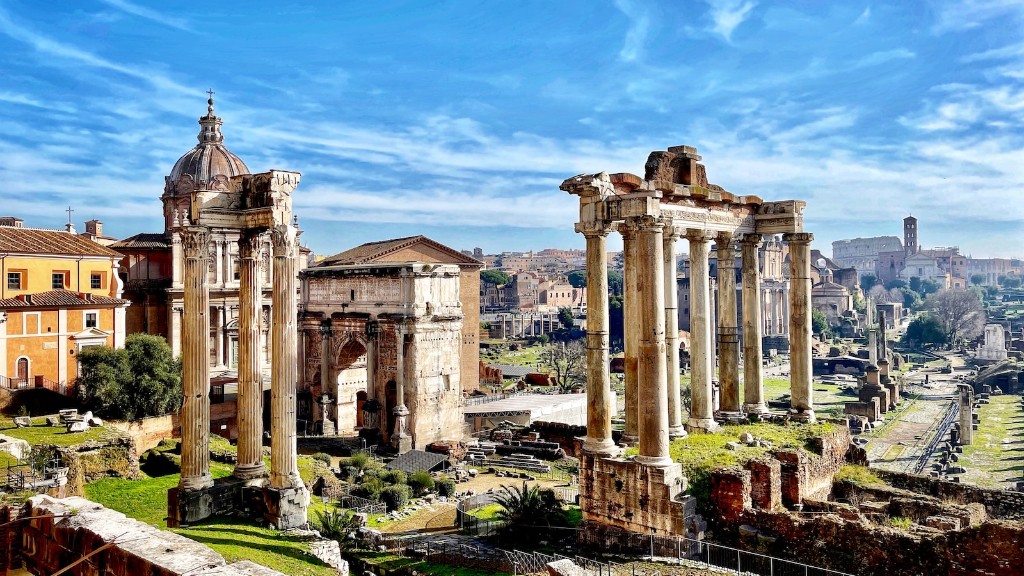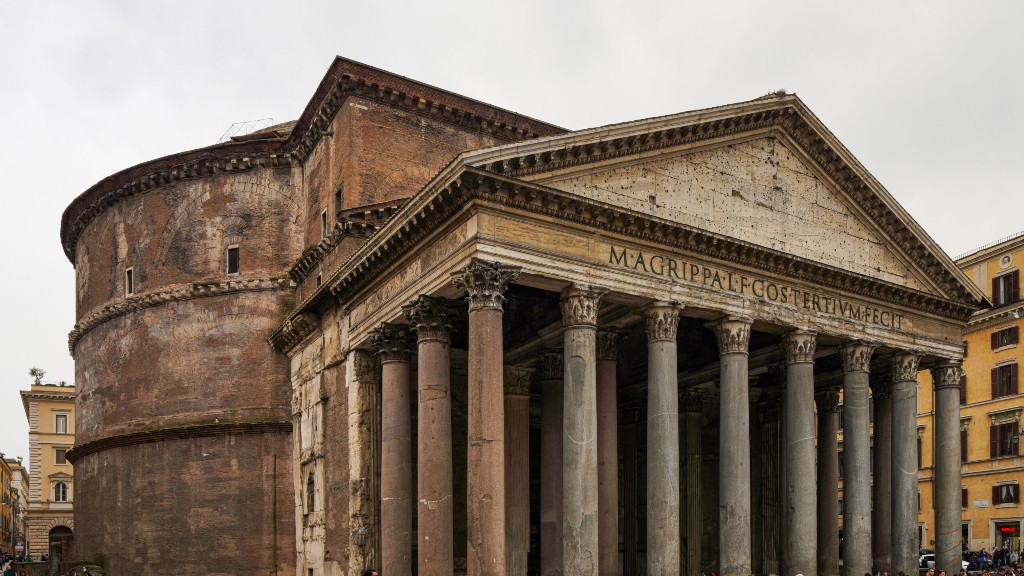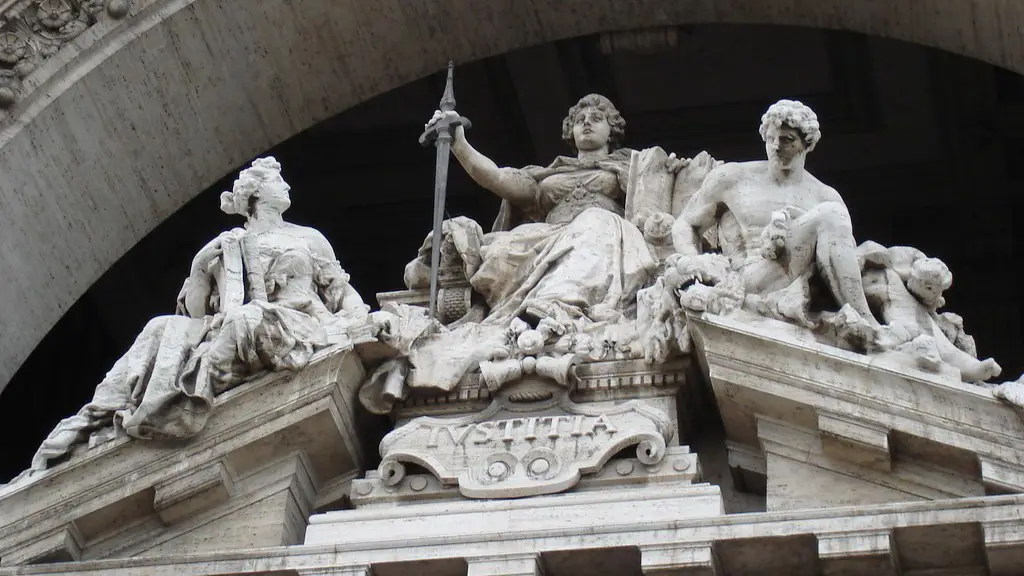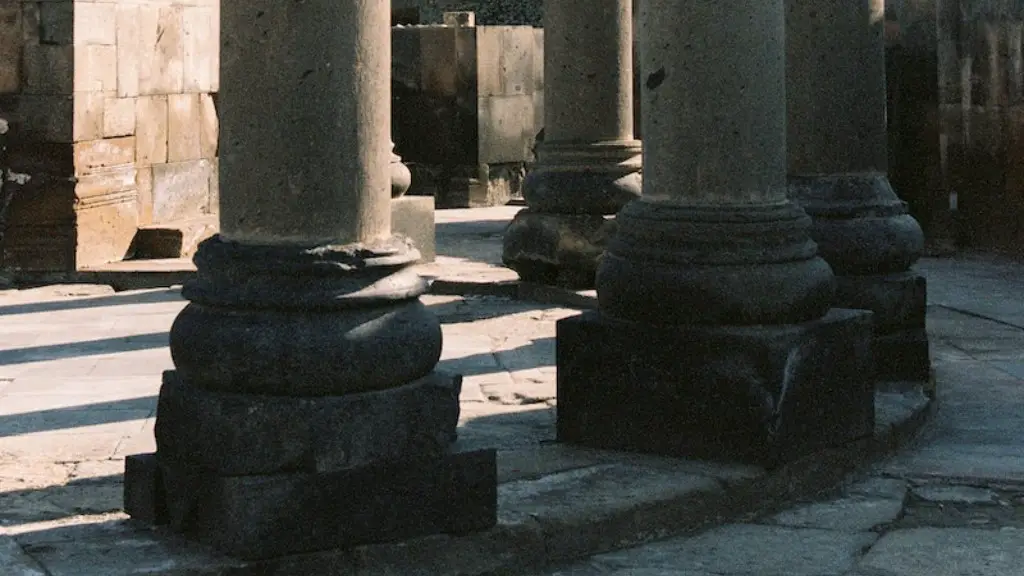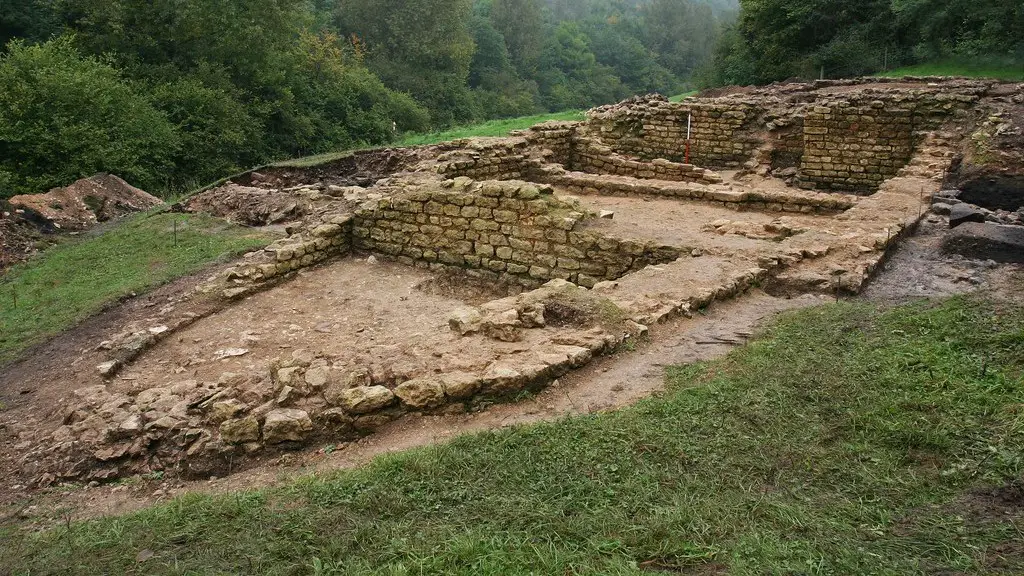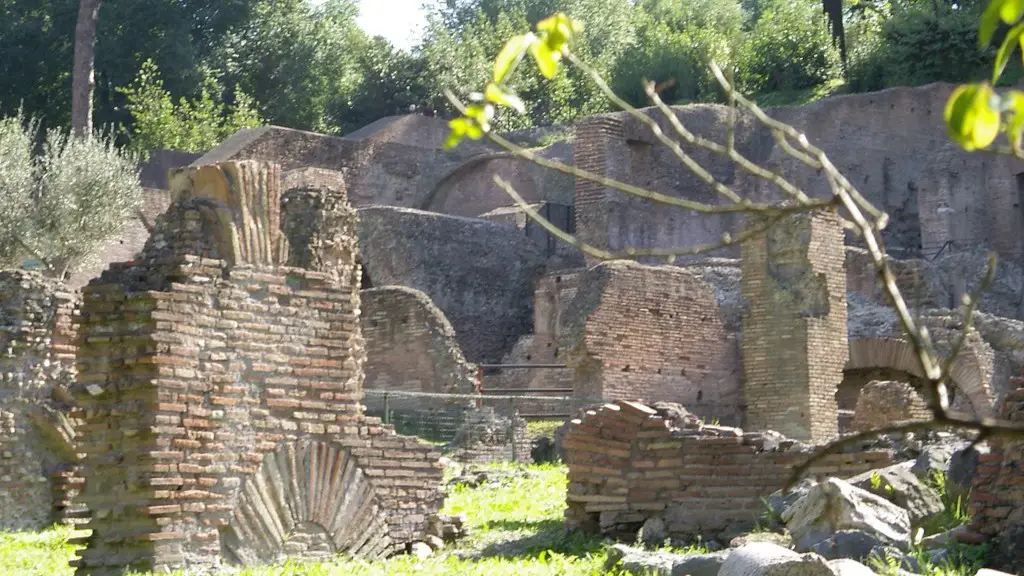Tribune of the Plebs was an important institution of ancient Rome that had the power of veto and the ability to pass laws and introduce new ideas. The Tribune was the first party of the Roman Republic that could practice the power of veto, and was originally popular among the commoners. It was the only political office that was opened to all citizens regardless of rank, wealth or status.
The purpose of the Tribune was to protect the interests of the plebeians, the commoners of Rome, in the face of decisions made by the patrician minority. Tribunes were elected for one-year terms by the plebeians. The Tribunes were responsible for negotiating with the Senate and other influential members of the Republican government on legislative issues, including taxation, grain supplies, and distributions of public resources.
The Tribune had the power of jugum, which allowed him to dissolve a Senate decision if it was thought to be disadvantageous to the plebeians. The Tribune also had the power to veto all other laws passed by the Senate and any other laws which might come from the governing aristocracy. This gave the Tribune the ability to stand up for the interests of the plebeians and challenge the patrician ruling classes.
The Tribune was a powerful institution in the Roman Republic, but it was not without its critics. Many of the Senate members argued that the Tribune was a symbol of mob rule and that giving a single individual unchecked power was dangerous. In addition, the Tribune’s power was limited in that his decisions could be overruled by the assembly of the people, even if his veto had previously been accepted.
Nevertheless, the Tribune served a vital role in the Roman Republic. He contributed to preserving the balance of power between the governing patrician classes and the people of Rome. He was a symbol of democracy in a city that was often dominated by aristocracy and monarchy. The Tribune was an important link between the plebeians and the government, ensuring that their voices were heard.
Role of the Tribune
The primary role of the Tribune was to ensure that the people of the Roman Republic had a voice in the decision-making process. He was the intermediary between the Senate and the people. He had the power to veto any decision that was not in the interest of the majority or to introduce new laws that addressed the concerns of the plebeians.
The Tribune was an important figure in the Roman Republic and had a profound impact on the political landscape. He could pressure the Senate and other members of the government to address issues of concern to the plebeians. He was also able to pass laws or directives that would protect the rights of the plebeians, such as the Lex Hortensia which gave plebeians equal rights in court.
The Tribune was often able to force the Senate to negotiate with the plebeians and find resolutions to the issues that were a source of contention. He could also use his veto to prevent laws from being passed if they were not in the plebeians’ interests. In this way, the Tribune served an important role in promoting the rights of the people and maintaining a balance of power between the aristocracy and the plebeians.
Politicking and Influence of Tribune of Plebs
The Tribune of the Plebs was one of the most influential political offices in ancient Rome. This office was filled by a member of the plebeian class, and the Tribune had the power to influence some of the most important legislative and policy decisions of the Roman Republic.
The Tribune had the extraordinary power of veto, and could veto any decision or law proposed by the Senate. This gave the Tribune significant influence over the legislative process and enabled him to protect the rights and interests of the plebeians. The Tribune was also able to introduce new laws, known as Rogationes, which protected the rights of the plebeians and gave them more power in the face of patrician rule.
In addition to these powers, the Tribune could also pressure the Senate to negotiate with the plebeians and address their needs and concerns. This gave the plebeians a much greater voice in the Roman Republic and ensured that their rights were protected. The Tribune also had the ability to bring to attention issues that were of particular importance to the people, such as matters of taxation, grain supplies, and public resources.
Demise of the Tribune of Plebs
The office of the Tribune of the Plebs continued to exist in the Roman Republic until it was replaced by the office of the Consul in the late Republic. This was due in part to the increasing influence of the Senate and other governing members of the patrician class, who saw the presence of the Tribune as a threat to their authority.
The decline of the Tribune was also due to the increasingly complex politics of the city-state. As Rome began to expand, the need for more complex solutions to the problems of taxation, grain supplies and public resources necessitated more expansive rule. This made it difficult for the Tribune to be effective in defending the interests of the plebeians.
In the late Republic, the power of the Tribune began to wane as the influence of the Senate and the other governing members of the patrician class grew. Eventually, the office of the Tribune of Plebs was replaced by the office of the Consul, who had wider powers and a longer term in office.
Legacy of the Tribune of Plebs
The legacy of the Tribune of the Plebs has endured in the Roman Republic. Although the office no longer exists, the power of veto remains in place and can still be used to protect the interests of the people. The Tribune had a profound impact on the political landscape of Rome and played an important role in maintaining a balance of power between the governing classes and the people. The legacy of the Tribune also looms large in terms of the rights of the plebeians and their ability to have a say in the government.
The Tribune of the Plebs was a defining figure in the Roman Republic, and his legacy can still be felt today. His power and influence contributed to preserving the balance of power between the governing patrician classes and the people of Rome. He was a symbol of democracy in a city that was often dominated by aristocracy and monarchy. The Tribune was an important link between the plebeians and the government, ensuring that their voices were heard.
Modern Relevance of the Tribune of Plebs
The legacy of the Tribune of the Plebs is still relevant today. In modern democracies, the power of veto is still used to protect the interests of the people and prevent oppressive or tyrannical rule. This is a direct result of the Tribune’s influence in the ancient Roman Republic and his efforts to promote the rights of the people.
The Tribune also served as an example for modern democracies and representative governments around the world. His willingness to stand up for the rights of the plebeians and challenge the patrician ruling classes showed the power of democracy and the importance of protecting the rights of all citizens. This example has shaped the modern political landscape and is a direct result of the Tribune’s legacy.
Furthermore, the Tribune was able to champion the rights of the people and demand that the governing classes take their interests into account. This created a precedent for modern democracies and representative governments around the world. The Tribune’s legacy has ensured that the plebeians are given a voice in government and that their rights are respected.
Conclusion
The Tribune of the Plebs was a defining figure in the ancient Roman Republic. His power and influence contributed to preserving the balance of power between the governing classes and the people of Rome. He was a symbol of democracy in a city that was often dominated by aristocracy and monarchy. His legacy can still be felt today in modern democracies, and his example is an important reminder of the need to protect the rights of all citizens.
